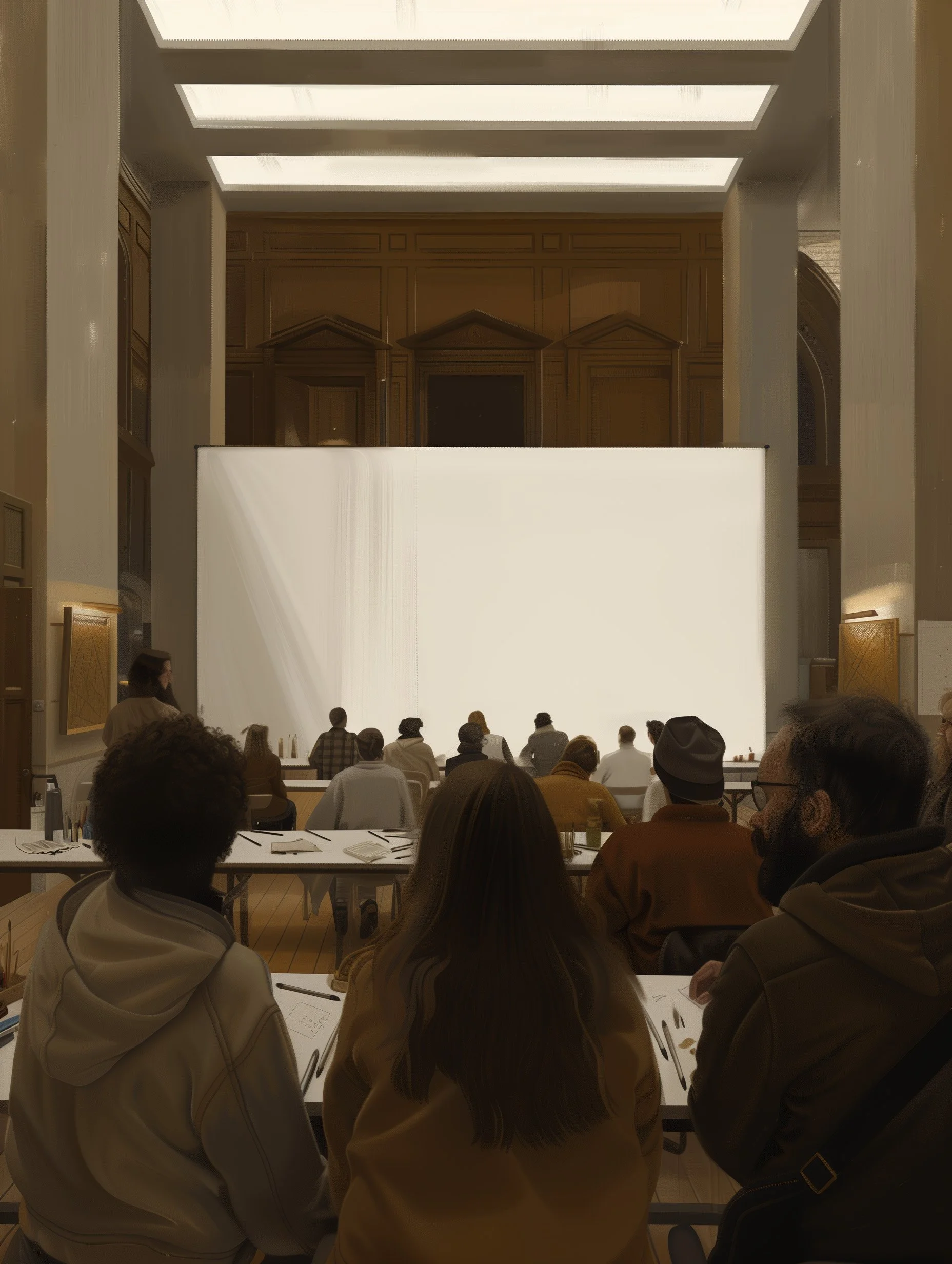The Dreamer’s Pledge: A Prototype for Secular Awakening
JOURNAL ANNOTATIONS
550 words · 2 min readThis Journal Annotation was created to expand on the Why The Dreamer Project? page. Where the main page introduces the premise, this annotation extends the inquiry: if awakening is treated as a public experiment, what kind of prototype could orient our participation?
A pledge is never the final word. It is a sketch of intent, a temporary form to test against lived experience. The Dreamer’s Pledge asks only: what shifts when ordinary life is treated as experiment?
Movements often begin with a commitment. A Peace Corps contract sets the tone for service. Montessori training reframes how a teacher sees children. A founder’s pledge reshapes what success means for an entrepreneur. These commitments do not create dogma — they mark the beginning of a different experiment in living.
The Dreamer Project wonders what the equivalent might look like for secular awakening. If awakening were treated as a public experiment rather than a private pursuit, what kind of statement could help individuals orient themselves? Not a creed to believe, nor a vow to repeat, but a sketch of intent: a way of saying, for this part of my life, I will test reality differently.
This is not a doctrine. There is no ideology here, only a provisional experiment. The question is simple: what happens if a person treats ordinary life as a test ground for certain stances of mind? In practice this might mean toggling, for chosen hours, into a register where presence replaces distraction, peace replaces defensiveness, generosity replaces calculation, and oneness replaces separation. These are not ideals to achieve but living variables — conditions to notice, try on, and compare against the usual defaults of stress and division.
Framed this way, the Dreamer’s Pledge is less a promise than a prototype. It imagines the moment when a population large enough begins to show interest, devotion, and discipline in testing the world as dreamlike. Such a prototype gives us something to point to: here is how secular awakening could be tested, here is what an ordinary person could do without leaving their roles as parent, partner, colleague, or friend.
Why would this matter? Because even a draft of such a statement reframes awakening as collective inquiry. It turns awakening from a possession into a participation. It offers a way to link ordinary hours with experimental hours, instead of forcing a divide between “spiritual life” and “regular life.” And perhaps, if tested by enough people, it could become the seed of something larger — not a movement to follow, but a distributed experiment, tested in many lives at once.
For now the pledge remains only a sketch, a thought-form, a draft. It is a placeholder for a future where participation in awakening could be shared, secular, and useful. Its value lies not in being right, but in the willingness to test together.
Further Reading.
Bibliothèque: Annaka Harris, Conscious
Meta note:
This is a new annotation connected to the Why page.
Compared to earlier drafts, reframed the pledge as a design prototype rather than a declaration.
